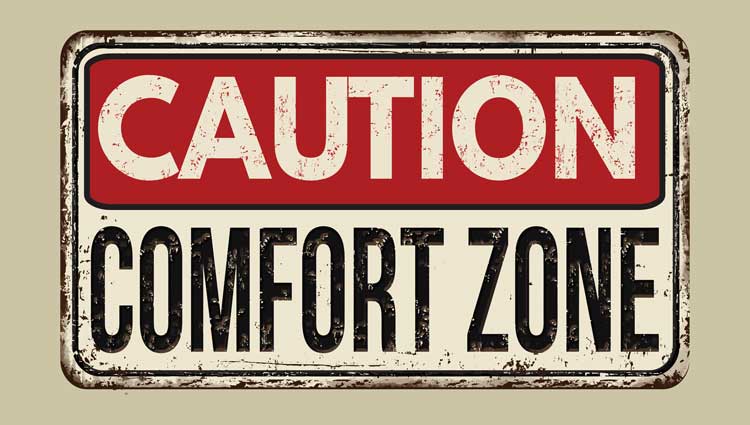
Every relationship is built on moments, not grand gestures or perfect timing. It’s the small, everyday interactions that shape how others perceive you. Yet most people neglect these moments—rushing through conversations, sending quick texts, or zoning out in meetings—assuming there will always be another chance. But often there isn’t. And even when there is, people remember the last thing you did wrong, not the dozens of things you did right.
This is the essence of the ‘last meeting theory’: the final interaction you have with someone often defines how they perceive the entire relationship. The good news? You can repair past missteps with intentional, thoughtful behavior during your next interaction. However, this requires self-awareness. You need to approach each meeting, call, or message as if it will define your reputation—because it does.
How you make people feel lingers far longer than your titles, achievements, or past success. If you leave someone feeling ignored, dismissed, or unimportant, that’s the impression they will carry, regardless of your impressive credentials. If you make them feel seen, respected, and valued, that becomes your narrative. This isn’t just kindness—it’s strategy. People help, hire, and recommend those who leave a positive emotional impact. This is what Dale Carnegie covered in his book How to Win Friends and Influence People.
Consistency builds a narrative of reliability and value. It’s not about overextending yourself or being fake. It’s about being deliberate. When you’re in a meeting, be fully present. Engage. Contribute. Listen. When you end a conversation, leave the person with something memorable—an offer of help, a genuine compliment, or a sincere thank you. Ensure your contributions are visible, not by bragging, but by aligning with shared goals.
Most people neglect this because they assume their work or credentials alone will carry them forward. Credentials are bull. Visibility matters more. Here’s the harsh truth: hard work without visibility leads to stagnation. If you’re forgettable, you won’t be prioritized. If you’re inconsistent, you won’t be trusted. If you’re disconnected, you won’t be helped. The system isn’t unfair—it’s indifferent, rewarding those who understand how to navigate it. Woody Allen said, “80% of success is just showing up.” Are you presenting? Networking? Showing up, and showing up early, to meetings? Publishing papers?
80% of success is showing up.
Woody Allen Tweet
People rarely lose relationships due to a single mistake. It’s often slow neglect—complacency in daily interactions. Every missed opportunity to express gratitude, every distracted conversation, and every time you fail to show up sends a silent message: “I don’t care enough.” Over time, these small lapses chip away at trust and connection, and by the time you notice the damage, it may be too late.
Relationships, personal or professional, never stay static. They’re either growing stronger or weaker. Complacency erodes them like a slow leak. Treat every interaction as if you’re building or rebuilding something valuable—because you are. Show up like it matters, even in the smallest moments. It’s not about perfection. It’s about intention. A thoughtful check-in, a genuine compliment, or simply being fully present can be enough to remind someone why they value you.
Complacency is easy, but effort—the kind that says, “You matter to me”—is what builds relationships that last. The hidden rule of life-changing interactions? The last one counts the most. Which means, in reality, they all count. Remember: Every interaction counts. Show up fully—every single time—and you’ll build relationships that truly last.


Making Estate Planning Accessible, Simple, Personal, Secure and FREE!
Bequests are up, cash is down. Empower your donors to plan their will and invest their legacy in the cause they support the most.
Stay informed with timely news. You can unsubscribe at any time.
Success List